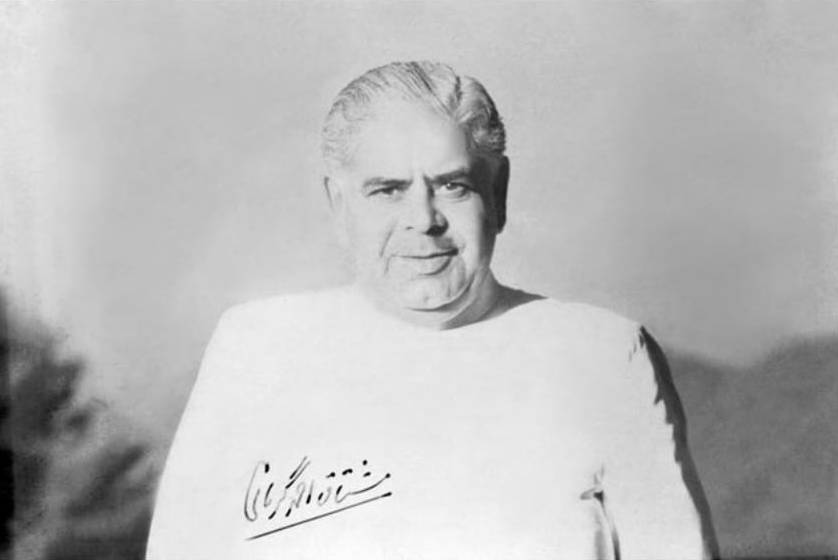Nawab Mian Mushtaq Ahmad Gurmani (1905–1981) was a prominent Pakistani politician, administrator, and philanthropist who played a vital role in shaping Pakistan’s political and social landscape during its formative years. Born in 1905 in Thatta Gurmani, a village in Tehsil Kot Addu, District Muzaffargarh, Punjab, Mian Mushtaq Ahmad Gurmani belonged to the Gurmani Baloch tribe. His life was marked by a deep commitment to public service, governance, and education.

Early Life and Career
Before the partition of India in 1947, Mushtaq Ahmad Gurmani served as the Diwan (Prime Minister) of the princely state of Bahawalpur. His administrative acumen and dedication to governance earned him widespread respect. Following Pakistan’s independence and Bahawalpur’s accession to Pakistan, he was appointed as a Minister without Portfolio in the central government. He was entrusted with overseeing the Ministry of Kashmir Affairs, where he played a significant role in addressing the complex issues surrounding the Kashmir region.
Key Political Contributions
- Kashmir Affairs:
Mian Mushtaq Ahmad Gurmani was instrumental in the 1949 Karachi Agreement, which established a ceasefire line between Pakistani and Indian-administered regions of Kashmir. This line later became known as the Line of Control (LoC), a critical demarcation that remains relevant to this day. - Interior Minister (1951–1954):
As Pakistan’s Interior Minister, he contributed significantly to the country’s internal security and administrative framework. His tenure was marked by efforts to stabilize the nation during a period of political and economic challenges. - Governorship:
In 1954, he was appointed Governor of Punjab. Following the reorganization of provinces under the One Unit Scheme in 1955, he became the first Governor of West Pakistan, a position he held until 1957. His leadership during this period helped streamline governance and administrative processes in the newly consolidated province.
Literary Contributions
Nawab Mian Mushtaq Ahmad was not only a skilled administrator but also a thoughtful writer. He authored several works, including:
- “Kashmir: A Survey” (1951): A detailed analysis of the Kashmir issue, reflecting his deep understanding of the region’s geopolitical significance.
- “Agricultural Crisis in Pakistan: Speeches” (1957): A collection of speeches highlighting the challenges faced by Pakistan’s agricultural sector and proposing solutions for sustainable development.
His Strong Faith and Devotion
He was a very kind and humble man. He often said, “I am grateful that even being a governor did not stop me from praying Tahajjud.” He always stayed connected to his faith and never let power change his devotion to Allah.
Philanthropy and Legacy
In 1980, he established the Gurmani Foundation, a testament to his commitment to education and social welfare. The foundation has since supported numerous educational initiatives, including scholarships, colleges, schools, and research programs. One of its most notable contributions is the establishment of the Mushtaq Ahmad Gurmani School of Humanities and Social Sciences at the Lahore University of Management Sciences (LUMS), a leading institution in Pakistan.
He passed away on March 29, 1981, but his legacy lives on. His contributions to Pakistan’s political, administrative, and educational spheres continue to inspire future generations. He is remembered as a visionary leader who dedicated his life to the progress and stability of his nation.
